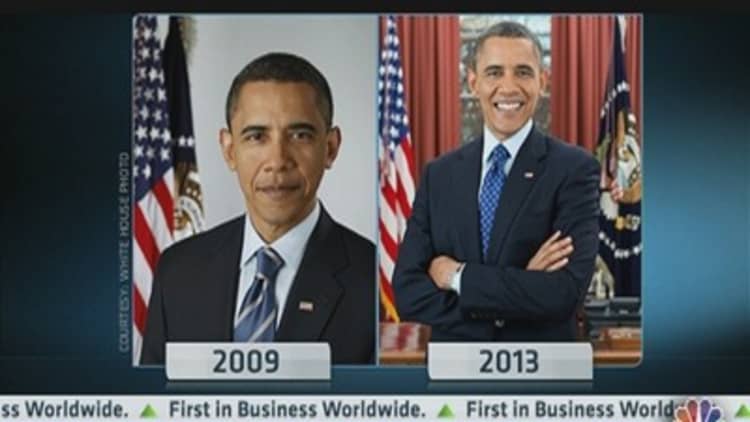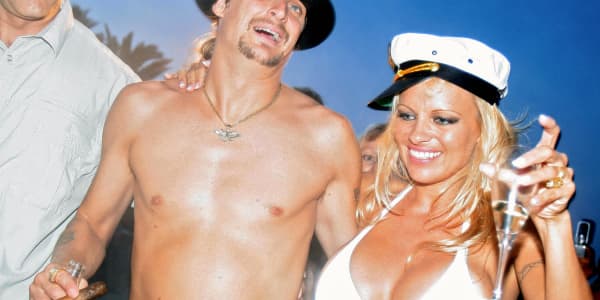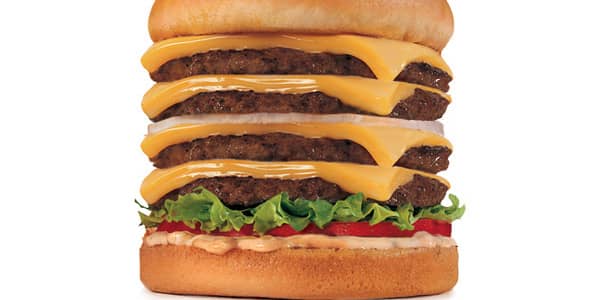When President Obama celebrates his second inauguration, he will be toasted during lunch with California champagne.
"We laid down 20 cases four years ago, hoping this would happen," said Gary Heck, President and CEO of Korbel Champagne Cellars in Sonoma County.
The 130-year-old company has provided champagne for eight inaugurations in a row, going back to Ronald Reagan's second term. Heck said company sales are up as much as five percent over the last year, better than the overall market for sparkling wine. (Read More: Private Jet Traffic for Inaugural Half of 2009's Record)

"This has been the largest year we've had since 1999 — with the millennium," Heck explained. "People are celebrating for lesser reasons. They're tired of the doom and gloom. It's all right to open a bottle and celebrate Friday."
Korbel Champagne Cellars has 13 percent share of the overall sparkling wine market and, according to Heck, owns more than half the U.S. market for wine produced using the premium Method Champenoise. He noted that sales are being helped by mixologists using champagne in cocktails. The winery also finally created a Sweet Rose and Sweet Cuvee — sales of those wines are growing faster than traditional champagne. (Read More: Did Obama Just Take Default Off the Table?)
According to Nielsen, which tracks the trends of consumers, new categories are especially popular right now: Prosecco sales have grown 40 percent over the last year, and Moscato sales have doubled. Bottles for $10-$25 are the best sellers, which is right where Korbel's products are priced.
The French have not been pleased and have released a new campaign: "." Technically, this is true, though the U.S. allows anyone who used "champagne" on labels before 2006 to continue using the name as long as labels also identify where it comes from, e.g., "California Champagne" or "Russian River Champagne."
"We've done more for champagne in this country than Champagne has," said Heck in reaction to France's campaign. "If the French didn't like it so much they should have said something 130 years ago." (Read More: Obama Gun Control Plan Faces Tough Road in Congress)
Heck pointed out the 2012 harvest was great in terms of quality and volume. Generally, a bumper crop would bring prices down, but this year it may be offset by projected smaller crops from Australia and Europe.
What concerns him the most is taxes, specifically excise taxes. Champagne and sparkling wines are taxed at $3.40 per wine gallon, compared to $1.07 for most table wines. "Champagne has been overtaxed since World War I," Heck went on to say.
The excise tax hasn't been raised since 1991, but with the federal government looking for more revenue sources, Heck fears it could rise again, which will toast champagne sales. "When they raised it in 1991, volume dropped, It took nine years to return."
-By CNBC's Jane Wells; Follow her on Twitter @janewells
Questions? Comments? Email us at consumernation@cnbc.com.





